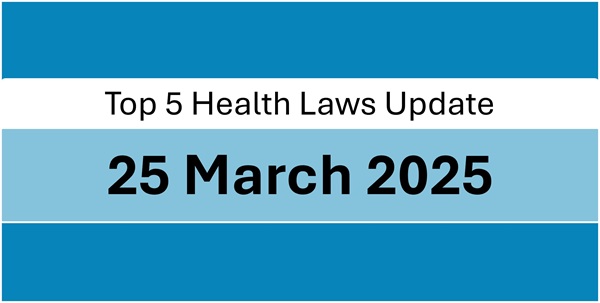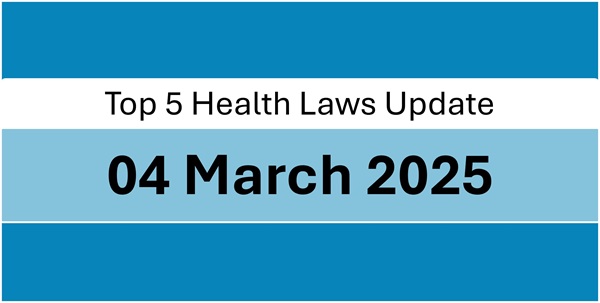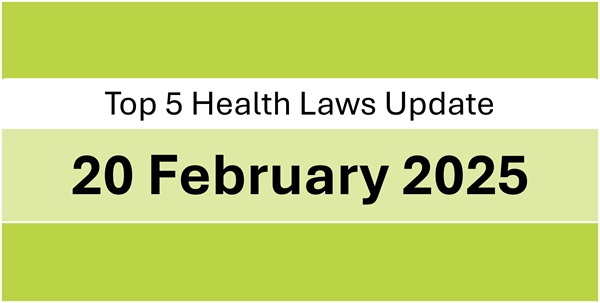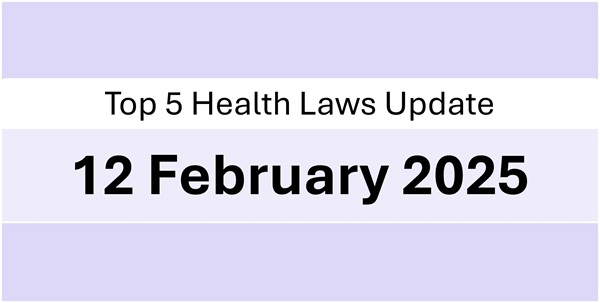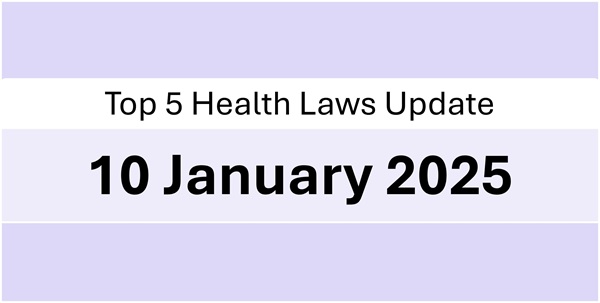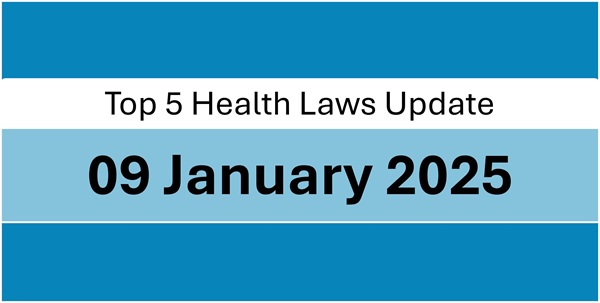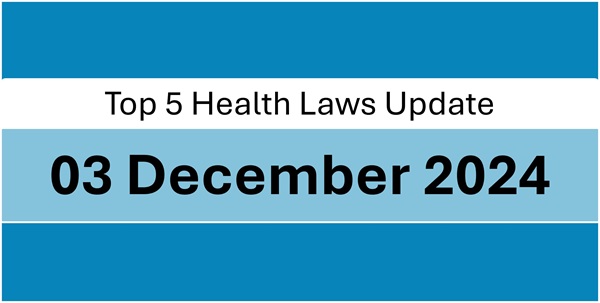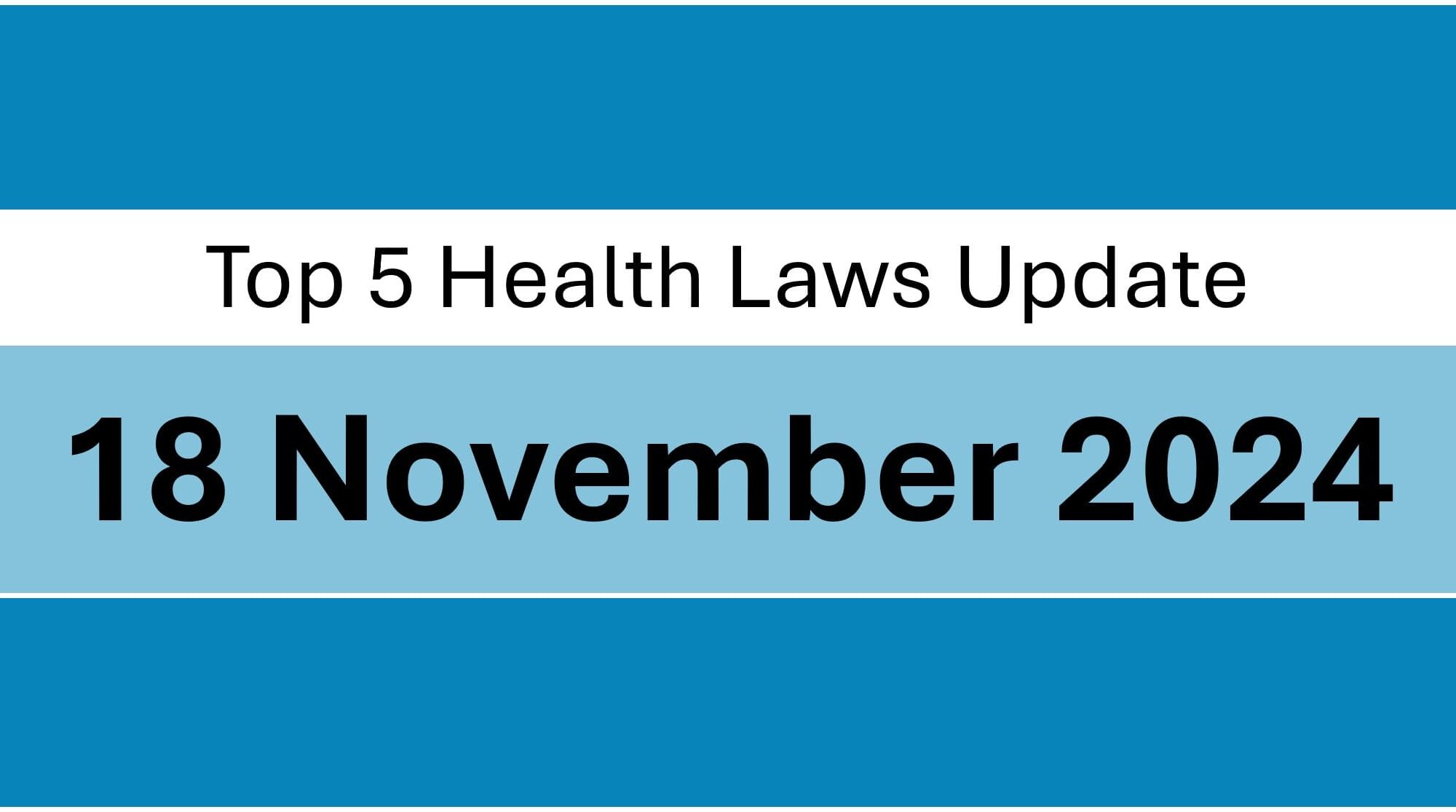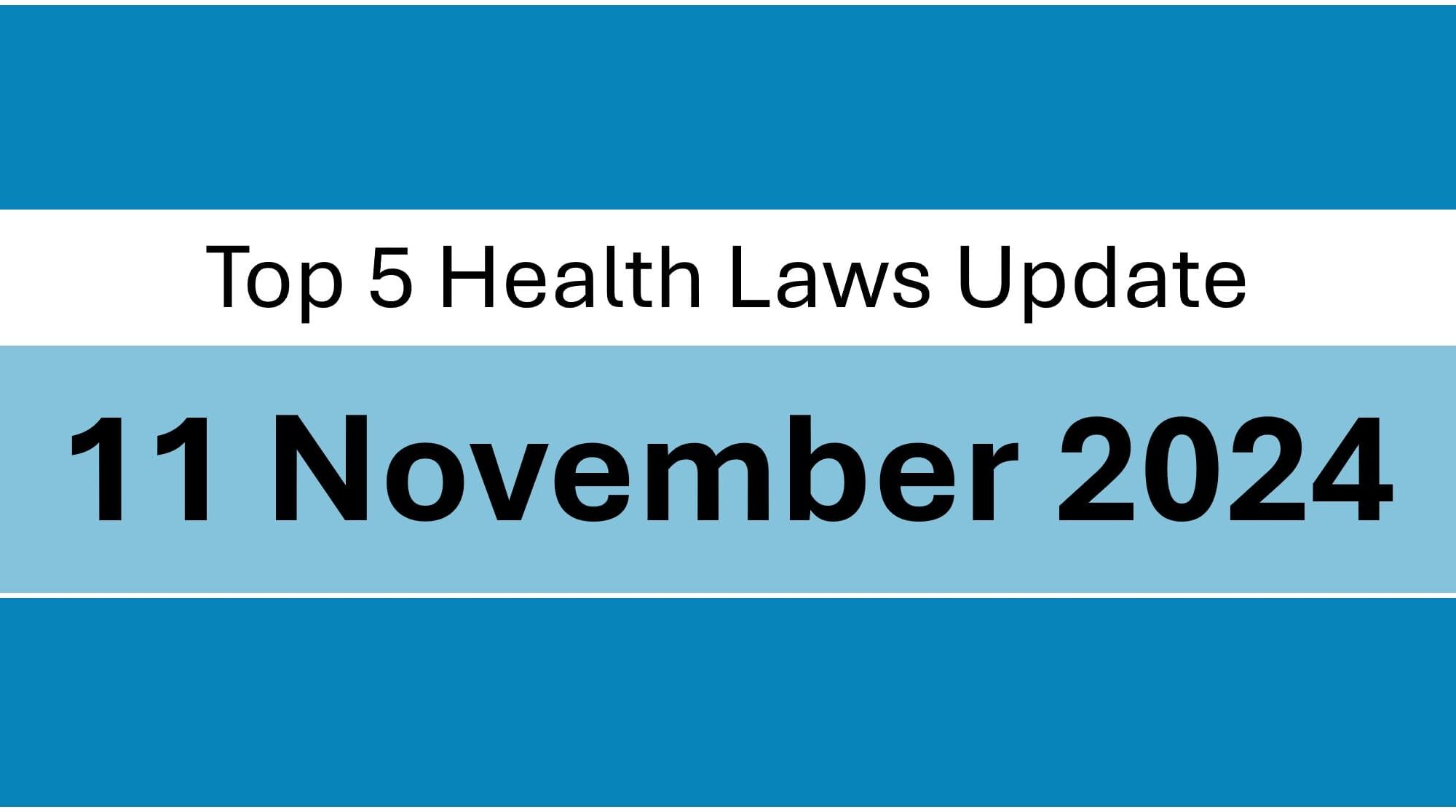Dear Readers, we are happy to share the most interesting legal and policy updates concerning health industry that we read today. we hope you enjoy reading it.
1. The Ministry of Health and Family Welfare has developed ONDLS Portal for receiving applications from small and medium scale pharmaceutical manufacturers who wish to avail benefit of extension from requirement to comply with new Good Manufacturing Practices (GMP) under revised Schedule M. Such applications must be strictly submitted online before lapse of three months from February 11, 2025. Submission of hard copy applications will no longer be accepted.
Source: https://bit.ly/4iEFh0U
2. The Indian Ministry of Health is working with Bureau of Indian Standards (BIS) to develop a standardized invoice format for hospitals, nursing homes, clinics and diagnostic centers. Once notified, clinical establishments will have to follow a standard invoice format with detailed and transparent breakdown of charges incurred by patient.
Source: https://bit.ly/4c4CM5w
3. India’s Supreme Court has held that even in consumer contracts which contain arbitration clauses, a consumer has the right to decide whether to pursue arbitration or approach the consumer forum for resolution of consumer dispute. The Court further reiterated that consumer disputes are non-arbitrable unless the consumer voluntarily opts for arbitration.
Source: https://bit.ly/4c4CPOK
4. The Directorate General of Foreign Trade (DGFT) has decided to withdraw the Remission of Duties and Taxes on Exported Products (RoDTEP) Scheme benefits for exports arising from Advance Authorizations (AAs), Special Economic Zones (SEZs), and Export Oriented Units (EOUs).
RoDTEP Scheme helps pharmaceutical exporters to get refund on taxes and duties on export.
Source: https://bit.ly/4c43M59
5. The Food Safety and Drug Administration (FDA) of Karnataka has reportedly increased inspections to address the issue of adulteration of tea powders and spices.
The decision has been taken due to reports of addition of harmful substances in food products, with the goal of reducing health risks to the public.
Source: https://bit.ly/4cjrdrr

